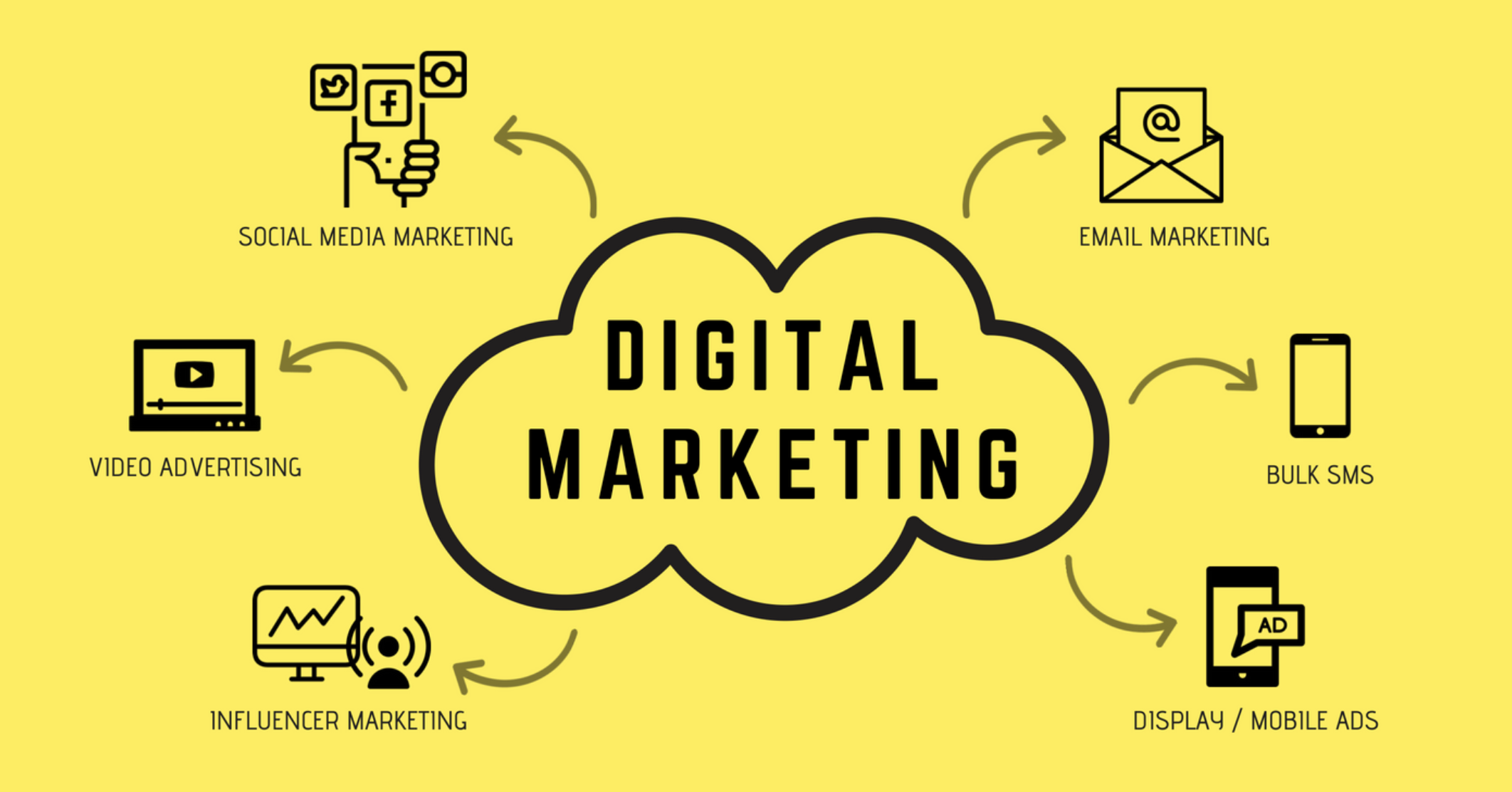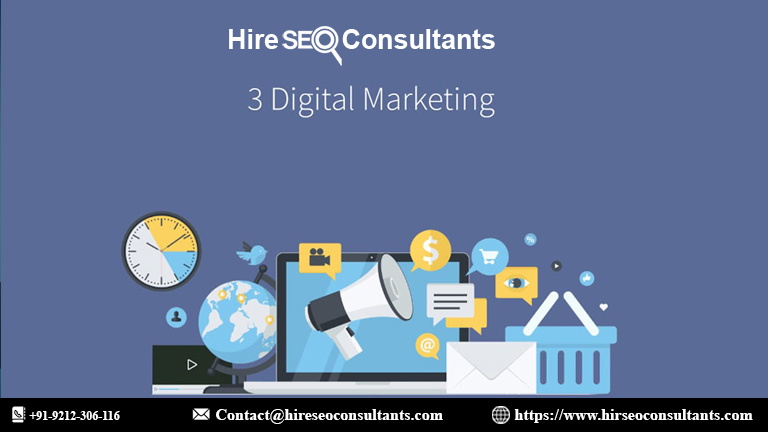The Top 5 AI Marketing Strategies You Need to Succeed in 2025

Artificial Intelligence is transforming the marketing landscape, and 2025 promises to be a pivotal year where AI becomes more human-centric than ever. The increasing integration of AI allows businesses to be more efficient, data-driven, and customer-focused. Yet, to truly harness its power, marketers must balance AI efficiency with the irreplaceable spark of human creativity. From personalized content to predictive analytics, here are the top five AI marketing strategies that will help you succeed in 2025.
1. Hyper-Personalized Marketing Campaigns
In 2025, hyper-personalization will move from being a "nice-to-have" to a "must-have." AI marketing services now offer brands the ability to create deeply personalized campaigns, tailored to each customer’s specific needs, behaviors, and preferences. Advanced machine learning models can analyze vast datasets in real-time to determine what type of content, products, or services are most relevant for each individual.
Hyper-personalization goes beyond addressing customers by name. AI can identify the best communication channels, optimal times to engage, and even the emotional triggers that drive purchase decisions. For example, AI algorithms can determine whether a customer responds better to humor, urgency, or informative content, adjusting the marketing approach accordingly.
The result is a more engaging customer experience that feels uniquely human. Businesses that leverage AI marketing services to achieve this level of personalization will see higher conversion rates, increased customer loyalty, and stronger brand affinity.
Balancing Efficiency and Creativity: While AI can efficiently analyze data and automate personalization, human creativity is necessary to craft emotionally resonant messages that make customers feel seen and understood.
2. Predictive Analytics for Smarter Decision-Making
Predictive analytics is revolutionizing marketing strategy by providing insights into future customer behavior. In 2025, AI marketing strategies will rely heavily on predictive analytics to anticipate customer needs, preferences, and buying patterns. By analyzing historical data, AI models can forecast trends, helping marketers make proactive decisions rather than reactive ones.
For example, AI can predict when a customer is likely to churn, giving marketers the opportunity to deploy retention strategies before it's too late. It can also anticipate which products will be in high demand, allowing businesses to optimize inventory and marketing campaigns accordingly.
Incorporating predictive analytics into your AI marketing strategy not only enhances efficiency but also helps in crafting more relevant and timely marketing messages.
Balancing Efficiency and Creativity: While AI can predict customer behavior, human marketers must interpret these insights and develop creative campaigns that address future needs with a touch of emotional intelligence.
3. AI-Powered Chatbots and Virtual Assistants
In 2025, AI-powered chatbots and virtual assistants will play an even bigger role in enhancing customer service and engagement. These tools are becoming more sophisticated, offering human-like interactions that can resolve customer inquiries, provide product recommendations, and assist with transactions.
AI marketing services now enable chatbots to understand context, sentiment, and even the subtleties of human emotion. This means that customer interactions will feel less robotic and more natural. For example, a chatbot can detect frustration in a customer's tone and respond empathetically, offering solutions that feel genuine rather than scripted.
By using AI-powered chatbots, businesses can provide 24/7 customer support, improve response times, and ensure a seamless user experience. This not only enhances customer satisfaction but also frees up human marketers to focus on more creative and strategic tasks.
Balancing Efficiency and Creativity: While AI chatbots handle routine tasks efficiently, human creativity is essential for designing chatbot scripts and interactions that reflect the brand's voice and empathy.
4. Content Generation with AI Tools
AI-generated content will become a staple in marketing strategies by 2025. Tools like GPT-4 and other AI writing assistants can produce high-quality blog posts, social media updates, email newsletters, and more. These AI tools can generate content quickly and efficiently, allowing businesses to maintain a consistent and engaging online presence.
However, while AI excels at generating content based on data and trends, it cannot replace the nuance and originality that human creativity brings. The key to success in 2025 will be using AI to handle the heavy lifting of content generation while human marketers add the final polish, ensuring the content is engaging, authentic, and aligned with the brand’s voice.
Balancing Efficiency and Creativity: Use AI to draft content, conduct research, and generate ideas. Then, rely on human creativity to refine the tone, add emotional depth, and ensure the content resonates with the target audience.
5. AI-Enhanced Visual and Video Marketing
Visual content remains a powerful tool for capturing attention and driving engagement. In 2025, AI will take visual and video marketing to the next level. AI marketing services can now generate images, create videos, and even produce animations tailored to specific audience segments.
Tools like generative adversarial networks (GANs) can create realistic images, while AI video editors can automate the production of personalized video ads. These AI tools can analyze user data to determine which visual elements are most likely to engage specific demographics.
For example, an AI tool can create different video variations for different audience segments, ensuring that each version appeals to the specific tastes and preferences of the viewer.
Balancing Efficiency and Creativity: While AI can generate visuals and videos efficiently, human input is needed to develop creative concepts, storyboard ideas, and ensure that the final product aligns with the brand’s vision.
2025: The Year AI Marketing Gets More Human Than Ever
The integration of AI in marketing is no longer about cold, mechanical automation. In 2025, AI will make marketing more human by enhancing personalization, improving customer interactions, and delivering content that resonates on an emotional level. The key to success lies in using AI to augment human capabilities rather than replace them.
Customers want to feel understood, valued, and connected to the brands they support. AI helps marketers achieve this by analyzing data at scale, predicting needs, and automating repetitive tasks. However, the human touch remains essential for crafting messages that evoke emotions, build trust, and foster lasting relationships.
Businesses that can successfully blend AI efficiency with human creativity will stand out in 2025. By leveraging AI marketing services, brands can deliver personalized, predictive, and emotionally engaging experiences that feel more human than ever.
How to Balance AI Efficiency and Human Creativity in 2025
Balancing AI efficiency and human creativity is the cornerstone of successful marketing in 2025. Here are a few tips for achieving this balance:
-
Let AI Handle Data-Driven Tasks: Use AI to analyze data, predict trends, and automate repetitive tasks like email marketing, customer segmentation, and content generation.
-
Focus on Human Creativity for Strategy and Emotion: While AI can optimize efficiency, human marketers should focus on developing creative strategies, storytelling, and emotionally resonant content.
-
Collaborate with AI Tools: Treat AI as a collaborator rather than a replacement. Use AI to generate ideas, content drafts, and insights, then refine these outputs with human creativity.
-
Invest in AI Marketing Services: Consider partnering with an AI marketing service to stay ahead of technological trends and ensure you are leveraging the best AI tools available.
-
Test and Optimize Continuously: Use AI to test marketing campaigns, analyze performance, and gather insights. Then, apply human judgment to optimize and refine your strategies.
Conclusion
As we approach 2025, AI marketing strategies will play a crucial role in helping businesses achieve efficiency, personalization, and customer engagement. By embracing hyper-personalized campaigns, predictive analytics, AI-powered chatbots, content generation tools, and AI-enhanced visuals, brands can stay ahead of the competition.
However, the magic happens when AI efficiency is paired with human creativity. This balance ensures that marketing remains authentic, emotionally resonant, and impactful.
To make the most of AI in 2025, consider exploring AI marketing services and comprehensive digital marketing packages that combine AI tools with human expertise. By doing so, you’ll be well-equipped to navigate the evolving marketing landscape and connect with your audience in a meaningful way.
What's Your Reaction?





















